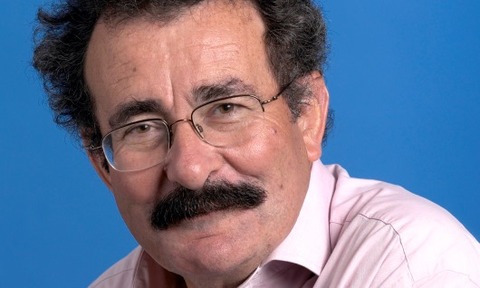Q&A with Lord Robert Winston
22 Oct 2013

As the final preparations are being made for Lab Innovations 2013 at the NEC, Birmingham on 6-7 November, Lord Winston has answered a Q&A on the challenges faced in the UK science sectors.
What are the main barriers to the success of the UK science sector?
I think it is not a very good question because the science sector is very diverse and it covers a wide range of sciences and technologies.
For example, barriers to innovation in biomedicine are very different to those in engineering or in chemistry: If you are dealing with biotech it takes a very long time to launch your potential product because of the need to take your product through the different regulatory frameworks, to ensure safety, the need to perform randomised controlled trials, etc. And so it takes a long time for a potential product in biotech to become commercially viable unlike somebody who’s made an electronic device that could be commercialised virtually immediately. But also these are not just British but international issues.
I’m not sure that we have more barriers here in the UK than elsewhere.
The UK has an excellent reputation as a great place for innovation but not enough is commercialised. Why is this?
We have a very good science framework and excellent scientists and but we are not commercialising enough of our opportunities.
But perhaps one question we should ask ourselves is: why is research and development so poorly supported by companies in this country?
There are very few companies doing significant R&D apart from Big Pharma. It is true that companies like Rolls Royce do but one of the issues for Britain is that we do not have very many of those large companies which are able to do that kind of R&D.
Much of our market is rather fragmented and so we have a problem that the total spending in the private sector in Britain is below what it should be.
Should the Government be doing more to support this?
Don’t you think it already is? That’s the kind of thing that bodies such as the Technology Strategy Board (TSB) have been designed to initiate in Britain.
The problem with the TSB is that it probably has not got enough money and it is dividing it into small packages to try and make a real big difference.
But if you don’t have a really major source of income then it’s a problem. On the other hand we are in a situation where there is a lot of competition and different priorities for public spending…But if you ask me ’Is the TSB doing enough?’ I’d say that it has not been going for long enough.

